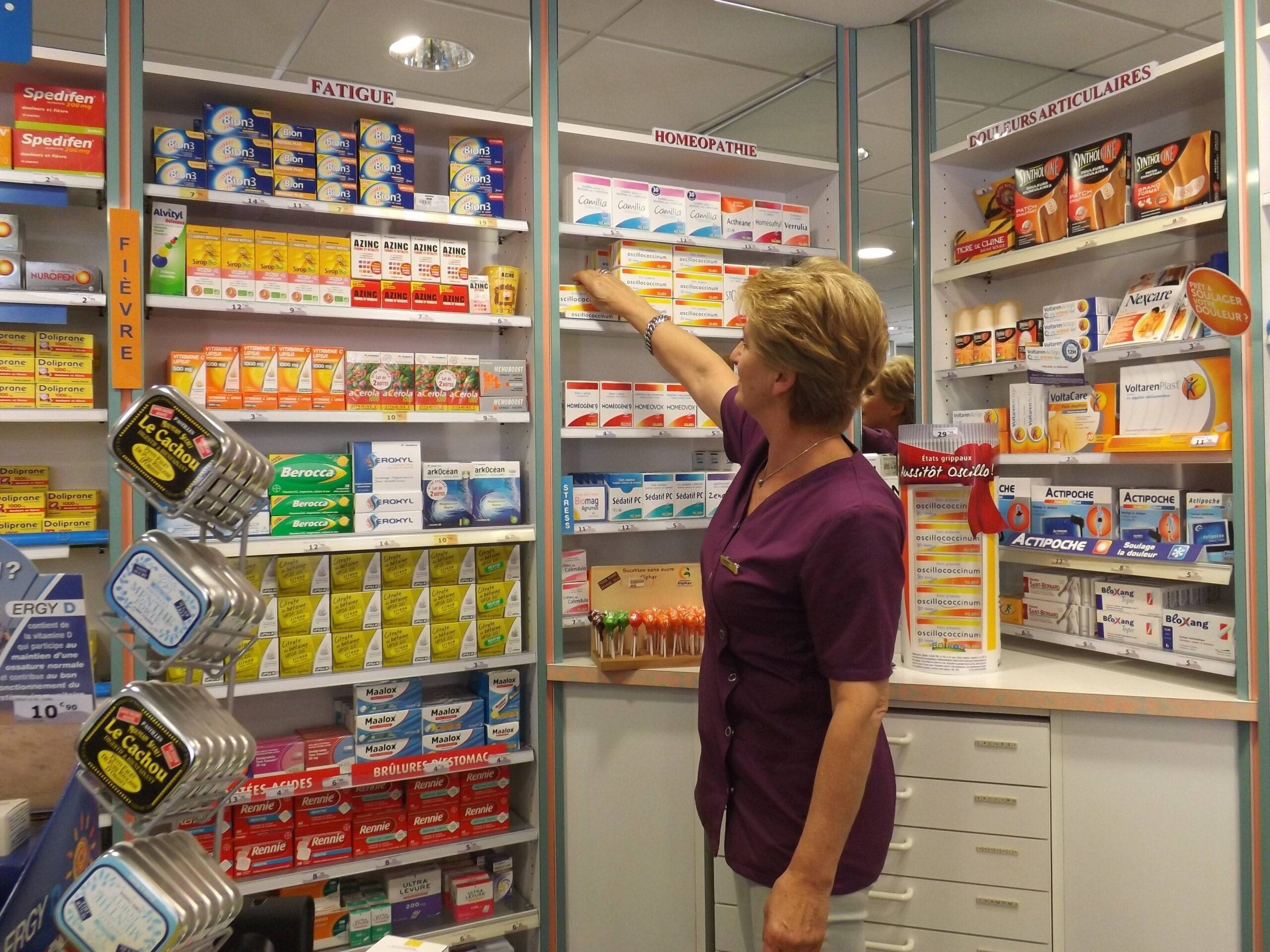
Over-the-counter (OTC) drugs are simply drugs that can be purchased without a doctor’s prescription. Many of these drugs are sold not only by drugstores but also by many wholesale and retail establishments including supermarkets. The rationale for classifying certain drugs as OTC drugs is to make treatment of many common and simple diseases and symptoms more affordable and accessible.
Contrary to what many people think, OTC drugs are not less effective than prescription drugs. Like prescription drugs, all OTC drugs have been scientifically and extensively studied to determine their safety and effectiveness. In fact, as a rule, OTC drugs have undergone more studies than prescription drugs if only because they have been in existence longer.
Neither are OTC drugs always cheaper than prescription drugs. The steroid prednisone, for example, is as cheap, or even cheaper, than many anti-inflammatory agents yet it is a prescription drug.
There are no clear cut rules or guidelines in classifying drugs into OTC or prescription, but the major factors that are considered in categorizing drugs as OTC are: effectiveness, safety and ease of diagnosis of the condition for which the drug is indicated.
Thus, a drug classified as OTC has been proven to be effective and safe for us in conditions (diseases or symptoms) that can be self-diagnosed by the average person (as in the case of cold remedies, for example). Many OTC drugs were actually initially marketed as prescription drugs, but were re-classified as OTC after their relative safety has been proven by years of use.
OTC drugs include many analgesics and anti-inflammatory drugs that are used to relieve fever, various types of pain, and the swelling brought about by arthritic conditions; cold remedies – antihistaminics (that dries nasal mucosa), decongestants (that relieve swelling of mucous membranes especially of the nose), expectorants (drugs that make phlegm less viscous and easier to cough up), and antitussives (cough suppressants); anti-allergies, which, often, are also antihistaminics; and antacids that are used to treat heartburn and indigestion.
Although all OTC drugs have good safety record, not one is entirely harmless. Antihistaminics cause drowsiness and impair one’s ability to drive motor vehicles; aspirin and many anti-inflammatory drugs irritate the lining of the digestive tract and can give rise to ulcers; antitussives suppress the cough reflex that is important in expelling phlegm; etc. Hence, OTC drugs should be used judiciously and never abused.
Likewise, OTC drugs should be used properly. For example, an analgesic (e.g., paracetamol) is the appropriate drug for headache, which is usually a benign condition. But it is improper to continuously take paracetamol for a headache that lasts for many hours or days and that is only temporarily by analgesics. Certainly this kind of headache deserves a doctor?s attention. As a rule, OTC should be taken for a short period of time only. Medical conditions that last for days necessitate medical consultation.
People who self-medicate with OTC drugs should take OTC drugs at the recommended dose, never higher. They should likewise make it a habit to read the label carefully to ensure that they take the drug at the recommended dose and to be well-informed with regard to possible adverse effects. If they observe an adverse effect, it is best that they report the matter to a physician.
OTC drugs should also be used with caution among older people, very young children and pregnant and breastfeeding mothers.

Be the first to comment